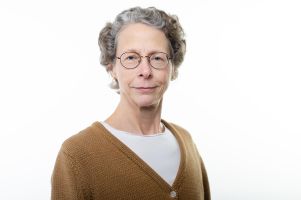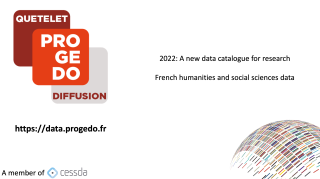Past events
ICPSR Summer Program Blalock Lectures are offered online. Blalock Lectures are an integral part of the ICPSR Summer Program in Quantitative Methods of Social Research. They are presented in the evening from 7:30 to 9 p.m. EDT outside of the regular curriculum. The lecture series is held in honor of Tad Blalock (https://sociology.unc.edu/hubert-morse-blalock-jr/), a distinguished statistician and sociologist who was an Official Representative to the Consortium and a member of its Executive Council.
This free webinar rounds off the series by diving into the concepts behind more advanced text-mining analyses, presenting some sample code that participants may find useful, and introducing some work that provides further learning opportunities. This webinar will also be accompanied by an online interactive notebook that allows participants to see, edit and execute the demonstrated code.
Due to the global COVID-19 (Coronavirus) pandemic and decision of the Dutch Government to ban organization of large events until September 2020, the organizers of ICTeSSH 2020 have no choice but to hold the conference as a virtual meeting
This online workshop will cover the ethical and operational issues associated with linking Twitter and survey data.
This free webinar will dive into the steps needed to do some of the most common text-mining analyses and will be accompanied by an online interactive notebook that allows participants to see, edit and execute the demonstrated code.
Comparative social science research requires comparable data across countries. This free CESSDA webinar will explore key sources of harmonised comparative data and methods and tools for harmonising data.
This webinar explains and drives the participants through the process of submitting a data collection into the ReShare repository.
The CESSDA webinar “Archiving Social Media Data – Challenges and Proposed Solutions” brings together experts with experience in working with social media data to discuss practical, ethical, and legal challenges in archiving these data as well as ways to address those.
The free webinar covers the concepts behind fully structured and semi-unstructured data, the theory behind capturing and amplifying existing structure, and the four basic steps involved in any text-mining project.
Towards a FAIR and open data ecosystem in the low carbon energy research community.

